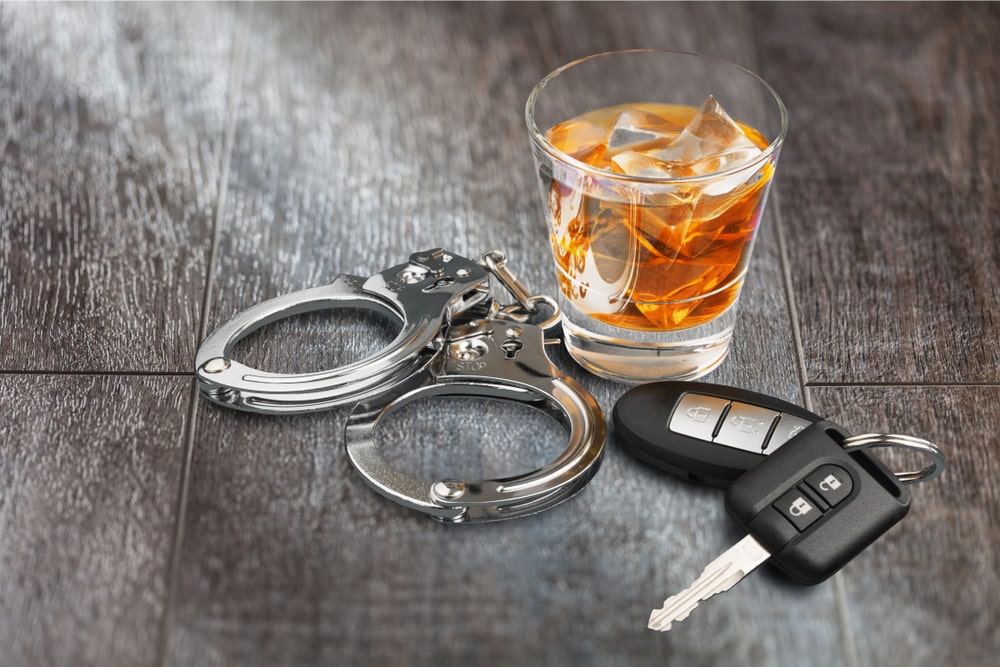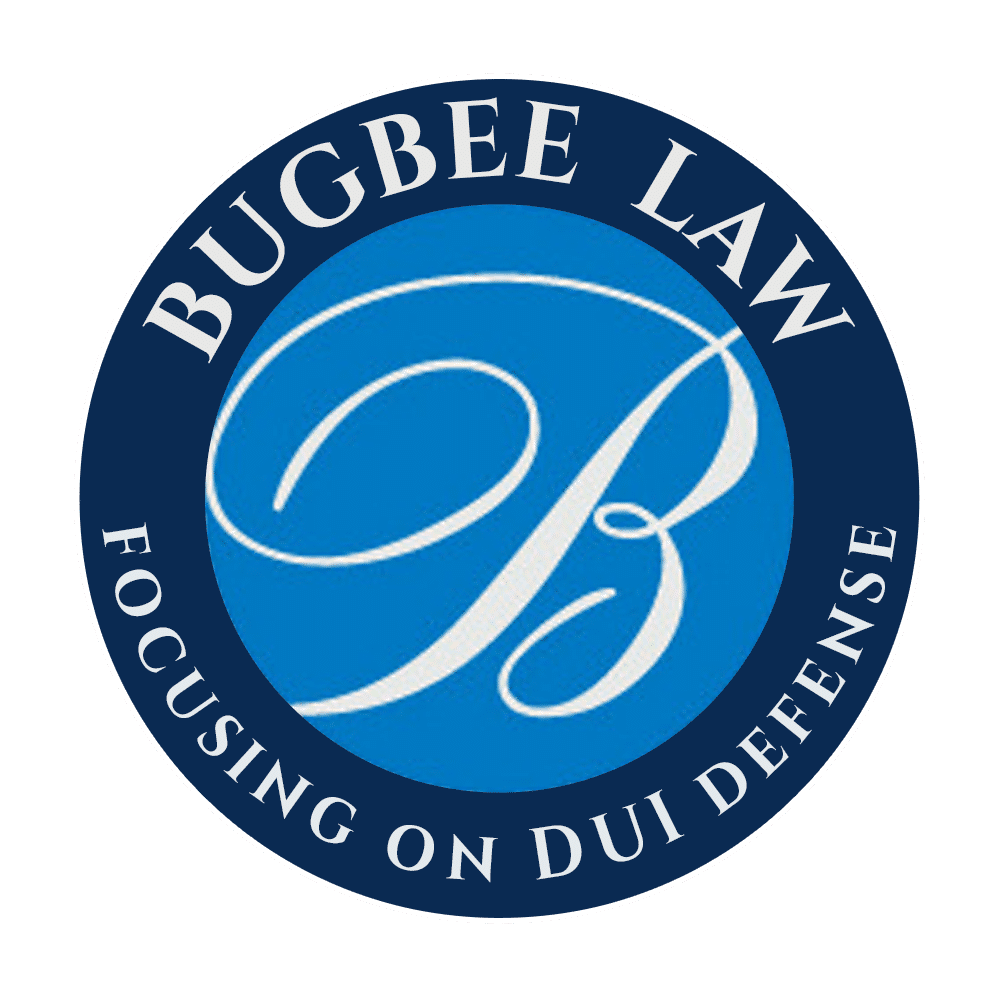
Are DUIs a Misdemeanor or Felony?
In Washington state a DUI will be charged as a felony if the driver has been charged with a felony DUI in the past, the driver has been charged with 4 or more DUI related offenses in the past 10 years, or the driver has been convicted of vehicular homicide or vehicular assault while under the influence.
Under Washington State law, driving under the influence of drugs, alcohol, or a combination of substances is a criminal offense. More specifically, if you are operating a vehicle under the influence, you are in violation of RCW 46.61.502.
If you are arrested and charged with a DUI, or convicted of a DUI in court, you will most likely face criminal penalties. On top of these penalties, you additionally may be subject to administrative penalties from the Washington Department of Licensing (DOL).
Depending on the circumstances of your arrest and your previous driving history, your charge could be upgraded from a misdemeanor to a felony offense.
To understand just what you’ll face for driving under the influence, first you need to understand how Washington State defines DUI.
How Do Current Laws Define DUI?
The laws state that if you are stopped while driving a vehicle under the influence, you may be arrested and charged with a gross misdemeanor if your blood alcohol concentration (BAC) meets or surpasses any of these levels:
- .08 or higher (adults 21 and older)
- .02 or higher (minors)
- .04 or higher (drivers operating commercial vehicles)
A DUI may also be issued if you are under the influence of any type of drug or combination of drugs, not just alcohol. In these cases, your BAC doesn’t matter.
What Can Happen if You Break Current DUI Laws?
When you are arrested for breaking Washington DUI laws, you can face multiple penalties from different areas. These include:
- Penalties resulting from your arrest
- Penalties from getting convicted in court
- DOL penalties
1. Penalties for DUIs Resulting from Arrest
After a Washington State DUI arrest, your driver license will be suspended anywhere from 90 days to two years. Additionally, you have 20 days after the arrest (or notice of suspension) to request an optional hearing to review your suspension, where this penalty could potentially be lifted. This request costs $375 and is nonrefundable.
The above hearing is carried out independent of any criminal charges for violation of the laws you’re facing. For those, you’ll attend a separate court hearing to determine conviction and punishment.
2. Punishments of DUIs for a Court Conviction
If you’re convicted in court, there are a number of possible punishments. For instance, you could face the following if your BAC is .15% or under:
- 90-day driver license suspension
- Anywhere from 1 to 364 days in jail
In addition to the above penalties, you could be fined at least $940. Depending on the nature of your case, this could be significantly higher – as high as $5,000.
3. Punishments for DUIs from the DOL After a Court Conviction
The court will notify the DOL if you have been convicted. They can then suspend your driver license for up to four years, which will take effect 45 days after your conviction.
Are DUIs a Misdemeanor or Felony?
For the most part, a DUI is considered a misdemeanor offense. However, a felony DUI in Washington state is possible.
When is a DUI a Felony?
Your Washington DUI can be escalated to a felony, especially if you have four or more DUI convictions in a 10-year period. Also, under the current law, if your DUI involved vehicular assault or serious injury, the charge may be escalated to a felony offense.
Also, your misdemeanor may become a felony if:
- You were previously convicted of vehicular homicide while under the influence;
- You were convicted of vehicular assault while under the influence;
- You were convicted of an out-of-state offense that is comparable to Washington offenses.
The felony DUI laws have been around since 2007, and amendments to the code were made over the past few years to push up the cut-off period for multiple offenses.
Felony DUIs Carry Much Harsher Punishments
Compared to a misdemeanor, your felony DUI carries significant penalties, including consequences that will affect you for the rest of your life, even if you do not serve much time in jail.
If you are charged with a Class B felony, you could spend as much as ten years in prison and pay up to $20,000 in fines. Your sentencing is governed by the Washington State Sentencing Guidelines, and these guidelines have mandatory sentencing ranges for felonies. Unlike misdemeanors, there will be little to no maneuvering by the judge, and most judges will impart the standard penalty.
When sentencing, the judge will use a scoring system outlined in the statute. This helps them determine the appropriate sentence based on all mitigating and aggravating factors.
If there are aggravating circumstances, the judge can increase your sentence as well; for example, if your fifth DUI conviction involves bodily harm or vehicular manslaughter.
A DUI attorney may advise you to seek a chemical dependency evaluation before sentencing. If you are proactive, this may spare a harsher penalty from the judge. It also shows the judge that you are taking your criminal charges seriously, and you can find a treatment program that will help you with any dependency issues that led to your DUI.
Under Current Law DUIs are a Criminal Offense in Washington State – but There’s Help Available
Navigating a DUI arrest, conviction, and penalties can be overwhelming. Contact an experienced lawyer from Bugbee Law Office and get the help you need.
View Our Privacy Policy
The information on this website is for general information purposes only. Nothing on this site should be taken as legal advice for any individual case or situation. This information is not intended to create, and receipt or viewing does not constitute, an attorney-client relationship.
© 2016 Bugbee Law Offices, P.S.

